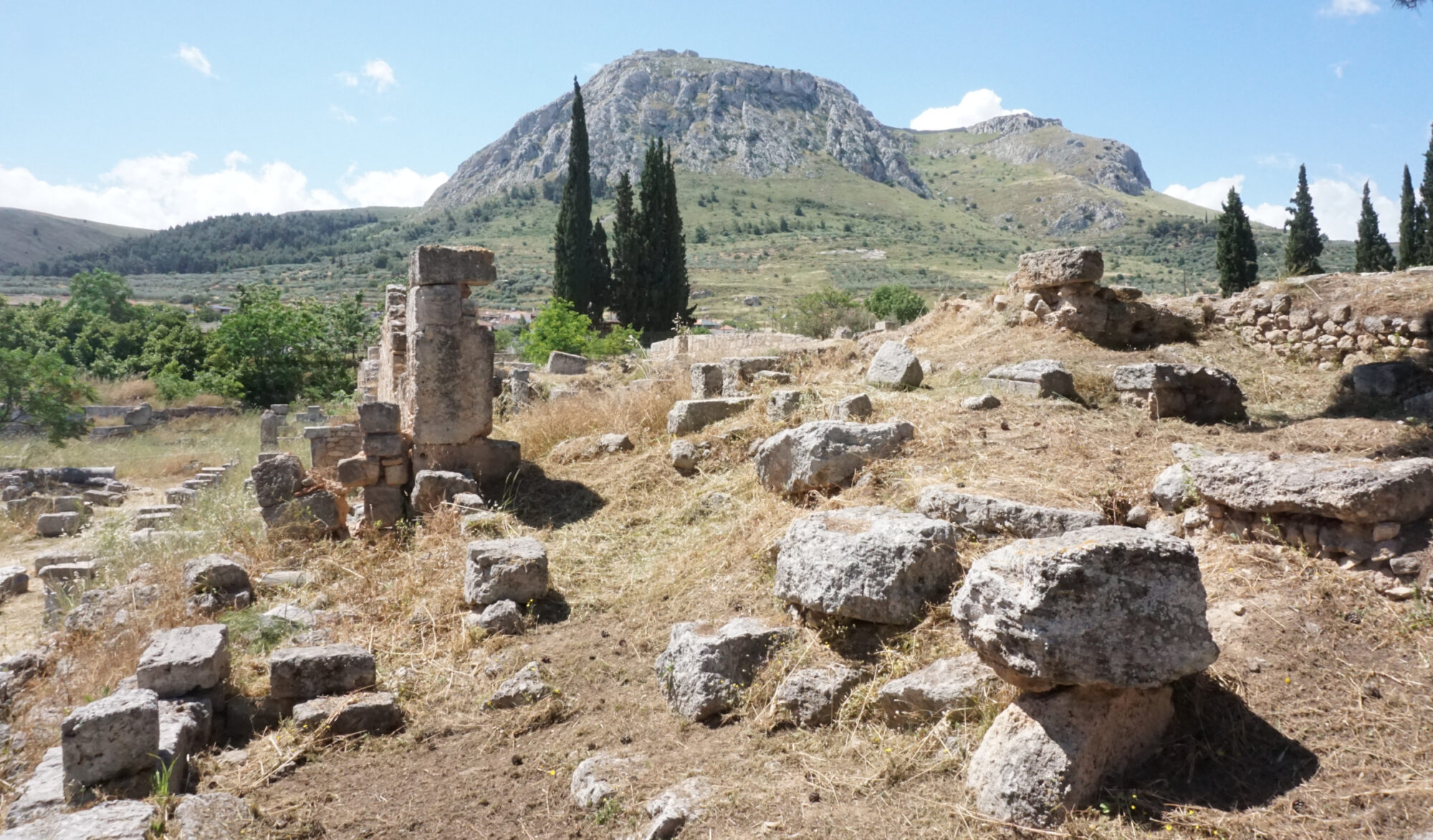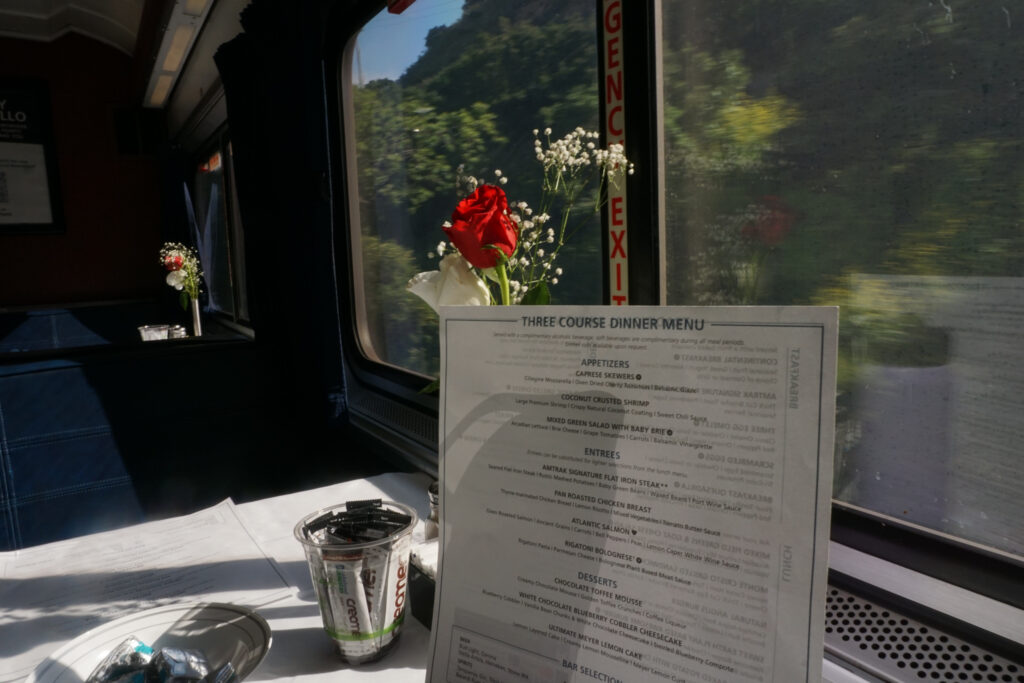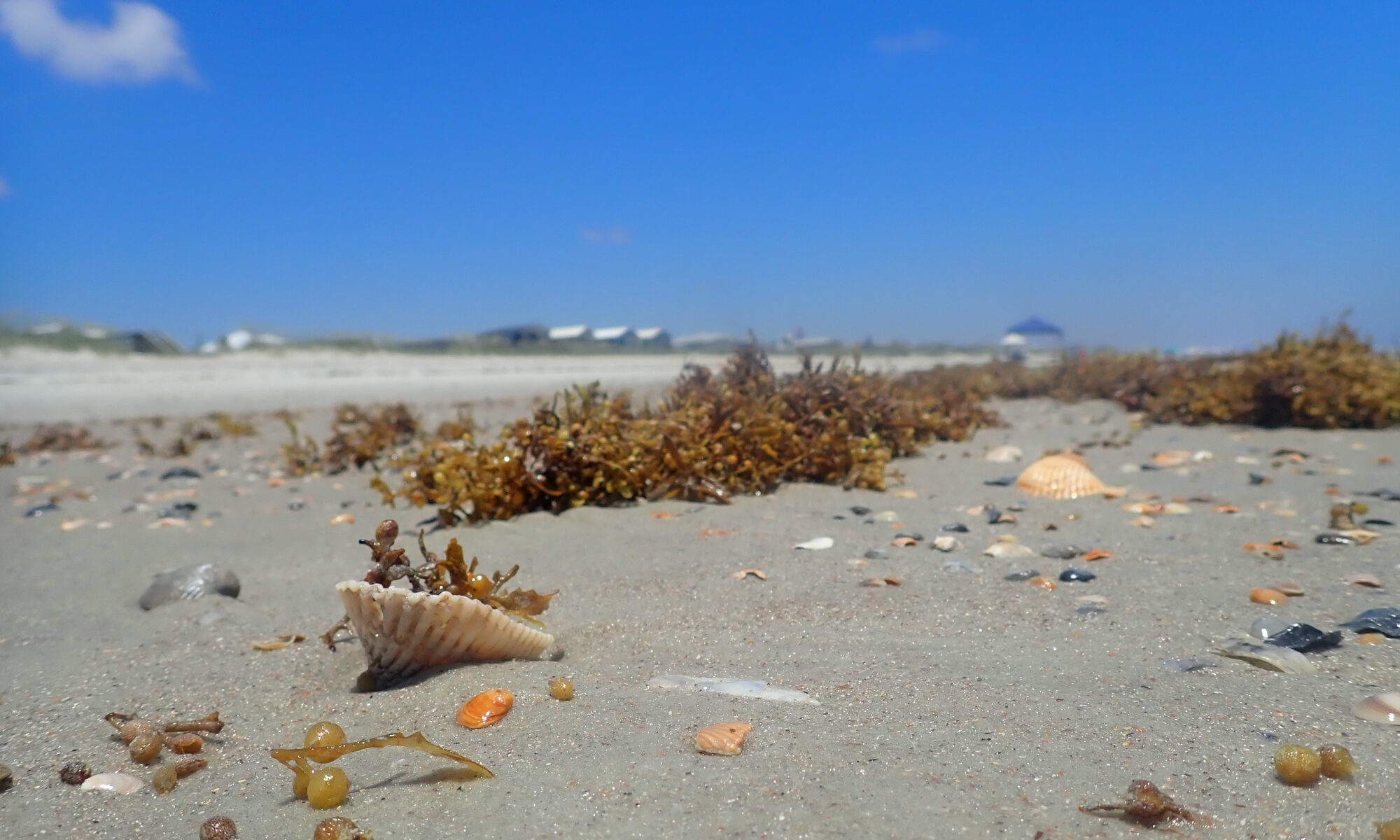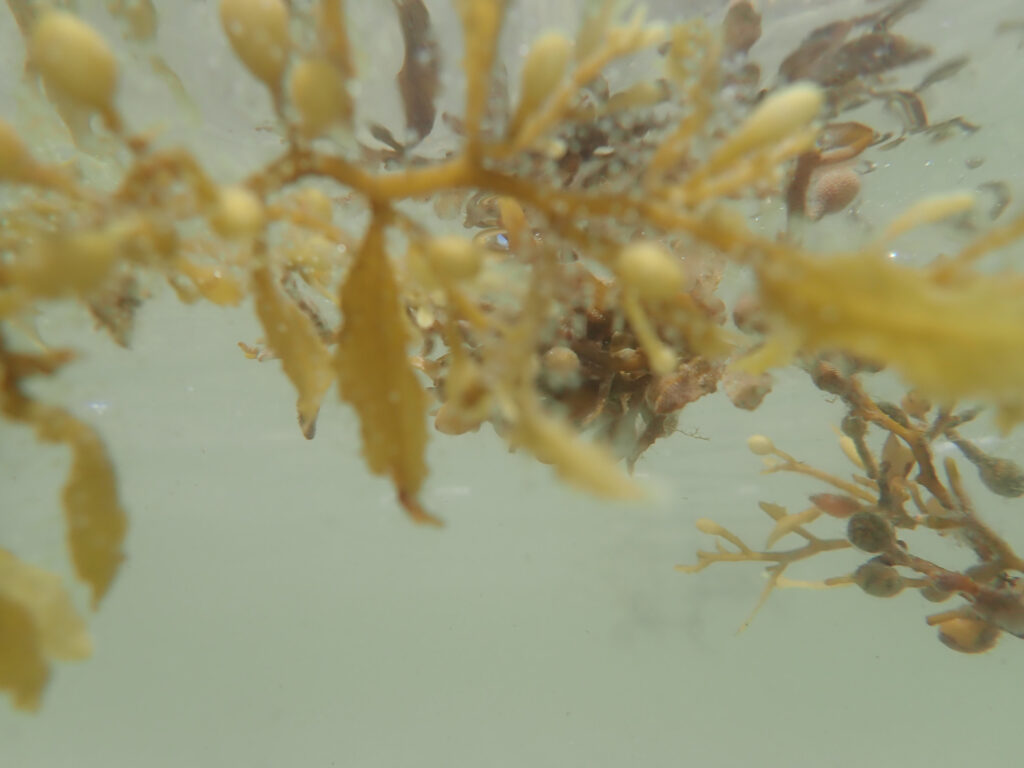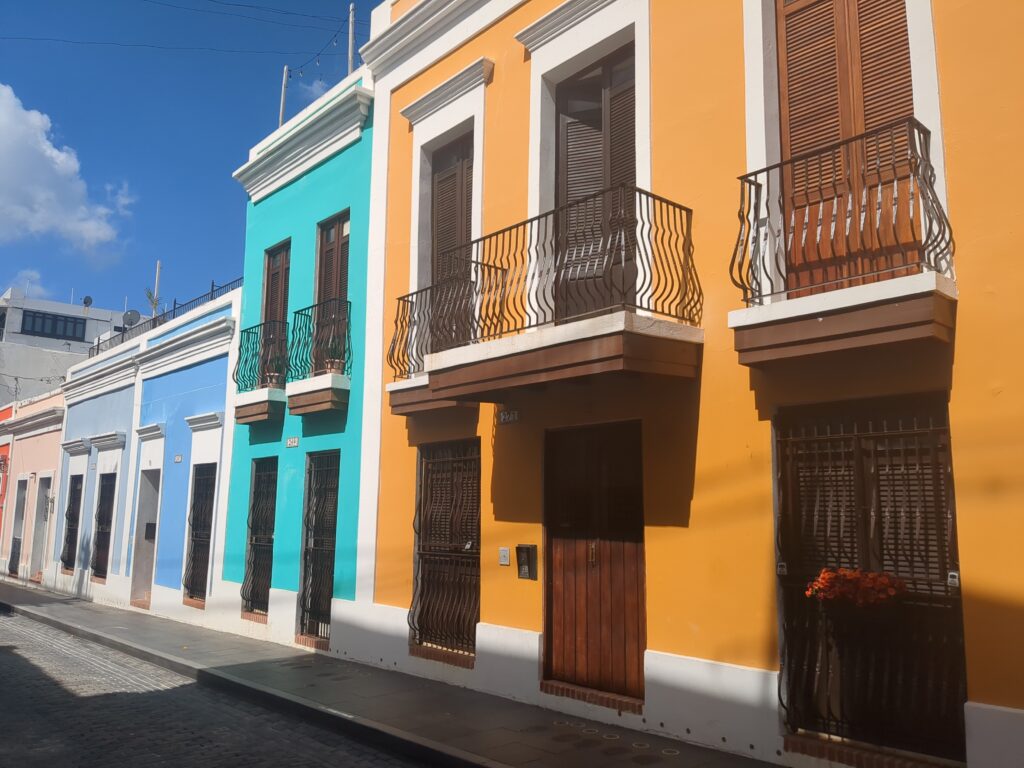
1 Corinthians 3:8–9 (ESV)—He who plants and he who waters are one, and each will receive his wages according to his labor. For we are God's fellow workers. You are God's field, God's building.
A neighborhood restaurant sat alongside a couple of bars, a bakery, and barricaded buildings in the San Agustin neighborhood of San Juan. A stroll a few blocks north or south to the main roads revealed gas stations and everyday businesses. A twenty-plus-minute walk west to Old San Juan showed restaurants, nightlife, ice cream shops, and chocolate bars.
After witnessing this shift, I began to think Puerto Rico builds from the outside in. And that makes sense, to first build up the tourist areas—their livelihood.
I think they are building with care, like Paul told the Corinthians to. He explained his role as a builder of foundations and the people’s role to build on that foundation. In other words, he shared the news of salvation with the Corinthians and told them that they had a responsibility to perform their role and that the quality of their work mattered.
According to Paul, spiritual growth starts on the outside with shedding worldly ways. Without shedding these, we are still built on the foundation of Christ, but paying more attention to our worldly efforts doesn’t move us toward Christ. Putting in the effort to develop our God-given role benefits ourselves as well as others, for everything God does through the church helps all. Our responsibility is to perform our role to the best of our ability, with the tools he gives us, in the world we live in.
We can think of developing our role in Christ like developing a tourist destination with restaurants and shops. The beauty of the building draws people in. The excellent customer service and good food keep them coming back. When this succeeds, more buildings can be constructed farther into the city, all on the foundation of Christ.
